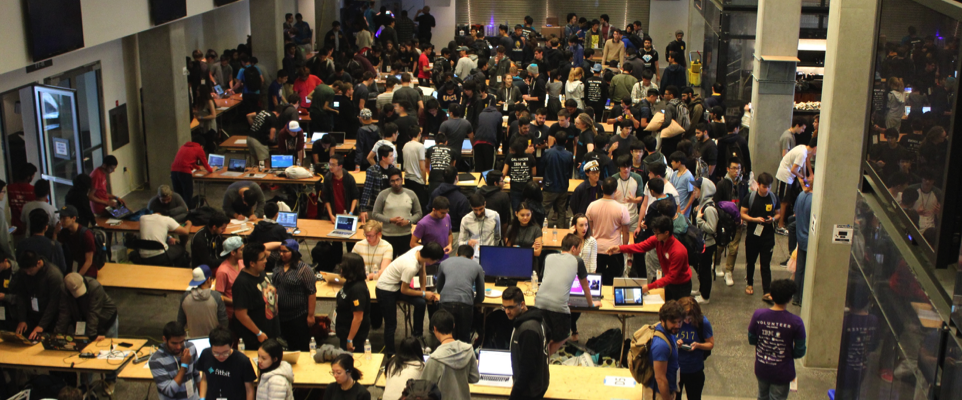Silicon Valley companies have long been under fire for lacking diversity in their workforce—the stereotype being the nerdy white or Asian programmer. But there was little data to back up that contention, until recently.
This summer, Google, LinkedIn, Facebook, Yahoo, and Twitter released the ethnic and gender breakdowns of their U.S. workforce. All five companies revealed around 90 percent of employees to be white or Asian. The overall female employment rate averaged at about one-third, dropping significantly for women in leadership and tech-specific roles.
“The data did not reveal a company that, quote, looked like America,” explains France Winddance Twine, a professor of sociology at UC Santa Barbara and Scholar in Residence in the Beatrice Bain Research Group at UC Berkeley. The release of employee demographics is a step in the right direction, but Twine notes that the focus on race and gender might be short-sighted. “One can have a diverse workforce full of people from middle-and upper-middle-class backgrounds, but few people from working-class and poor backgrounds,” she says. Twine also mentions a culture of sexism in the tech world. Compared to the extensive research and advocacy for women in the workforce, the tech industry is lagging. For change to happen, more data is needed.
That’s where Twine hopes to help. Her study is arguably the first to record quality-of-life issues in major Silicon Valley corporations and aims to understand how these companies and their employees affect the San Francisco community. She is interviewing current and former tech employees about community integration, age discrimination, maternal status, and advancement opportunities in the workplace. She is also interviewing longtime residents who have been displaced, and the recent transplants who replaced them.
For Twine, the study hits close to home. While earning her doctorate at Berkeley, she lived in an $800/month apartment across the street from Dolores Park. Today, it would rent for three times that. But she says that the portrayal of tech as the bad guy is unfair. “I’m not interested in slamming the tech industry.” She’s interested in helping it.
For instance, Twine believes that one way tech firms can improve social equality is by relying less on social networks. “There are talented young people out there who simply grew up in the wrong ZIP code,” she explains. Social barriers rather than aptitude confine people from impoverished backgrounds. “They need to be able to interact and contribute to the tech community, and it would be much easier if they had role models.”
Twine hopes that her study will provide the founding blocks of equality in the tech world, contributing to company policy, improving work environments, and bridging the gap between the nontech and tech worlds.
“What would it look like to have social and economic equality in the city? What would it look like to install programs that would help longterm residents also participate in this amazing explosion of job growth?” asks Twine. “It’s not something that can be answered in one study, but I would like to be part of that dialogue.”



















